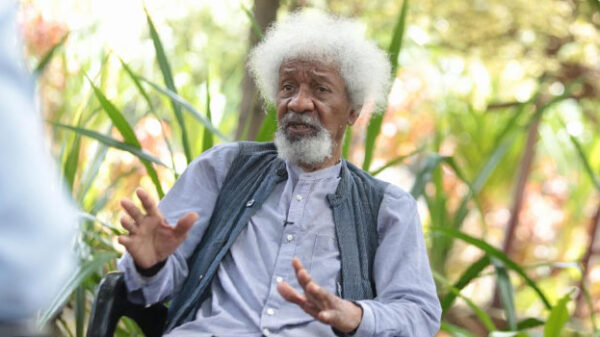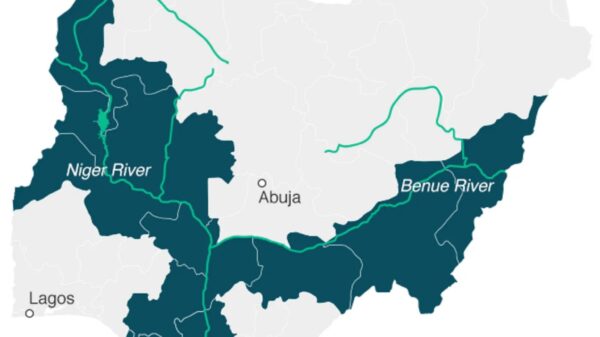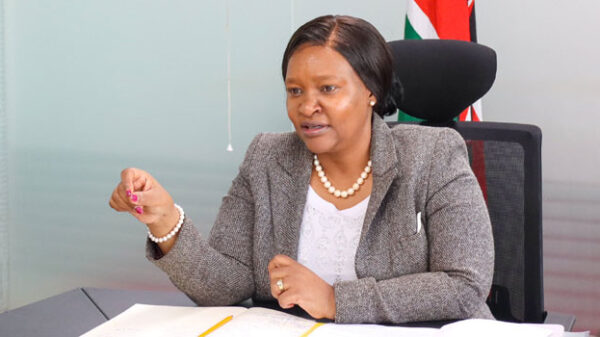
According to a new report released by the Judiciary last week, men faced the highest number of land disputes in court compared to women/FILE
NAIROBI, Kenya, Mar 12 – At least 2.6 million Kenyans encountered land-related legal problems in the past four years.
According to a new report released by the Judiciary last week, men faced the highest number of land disputes in court compared to women.
Eighteen per cent of cases men faced in court were land-related compared to women whose land disputes in court accounted for eleven per cent of the legal hurdles they faced in the quadrennial ending 2017 during which between 17.2 and 17.9 million Kenyans experienced legal problems.
Simply put, almost two out of three citizens – 63 per cent – had to deal with one or more legal challenge during the reporting period.
“Land problems were the most serious legal problem for 15 per cent of the respondents. This means that between 2.4 and 2.8 million Kenyans encounter land-related legal problems,” the 2017 Kenyan Justice Needs and Satisfaction Survey report which had 6,005 respondents sampled in 28 counties indicated.
The report compiled by the Hague Institute for Institutionalization of Law (HiiL) also suggested rural inhabitants encountered a high number of land disputes, accounting for 17 per cent of all their legal problems.
Among the urban population, only nine per cent of legal challenges were land-related.
The report identified land disputes as the most recurring among people without formal education noting that more than a quarter of the legal problems they faced were land-related.
Compared to men, women singled out family disputes as the most pressing challenges.
“Of all women who reported one or more legal problems, 23 per cent say that they had to deal with a serious and impactful family dispute, while only 9 per cent of men report this. Unsurprisingly, women face more legal problems related to children,” the report indicated.
According to the report, however, a significant number of people were seeking legal advice in a bid to resolve their disputes. Only 25 per cent of respondents said they sought no legal advice.
Unavailability of legal advice was identified as a key concern particularly among vulnerable social groups such as the poor and the uneducated.
“There is the challenge of access in terms of just knowing, the information needs of Kenyans, they don’t have the information. They might have a problem but they don’t know this is a problem that ought to be resolved in a court,” a senior judge noted during the survey period.
In Chief Justice David Maraga’s Strategic Judiciary Transformation (SJT) five-year blueprint launched in January 2017, the judiciary identified making justice pro-poor, simplified and citizen-centric as a major strategy for improving delivery of justice.
Speaking when she launched the Justice Needs and Satisfaction Survey report on Thursday, Deputy Chief Justice Philomena Mwilu said SJT will target improving the speed and quality of justice in certain cases which the report had indicated overwhelmingly affected the poor and pro se litigants.
“The Survey should be widely disseminated to all court stations, all judges, judicial officers and judiciary staff. This is particularly important because, under SJT, the improvement of service delivery in the Judiciary is a bottom-up process, driven by each unit by strategies and initiatives developed by those units on the basis of each of their particular contexts,” Justice Mwilu said.
“This study is doubly useful in this regard as it provides not only recommendations, but also, more importantly, a tool through which we can assess and respond to the justice needs of court users and the wider public,” she added.










































